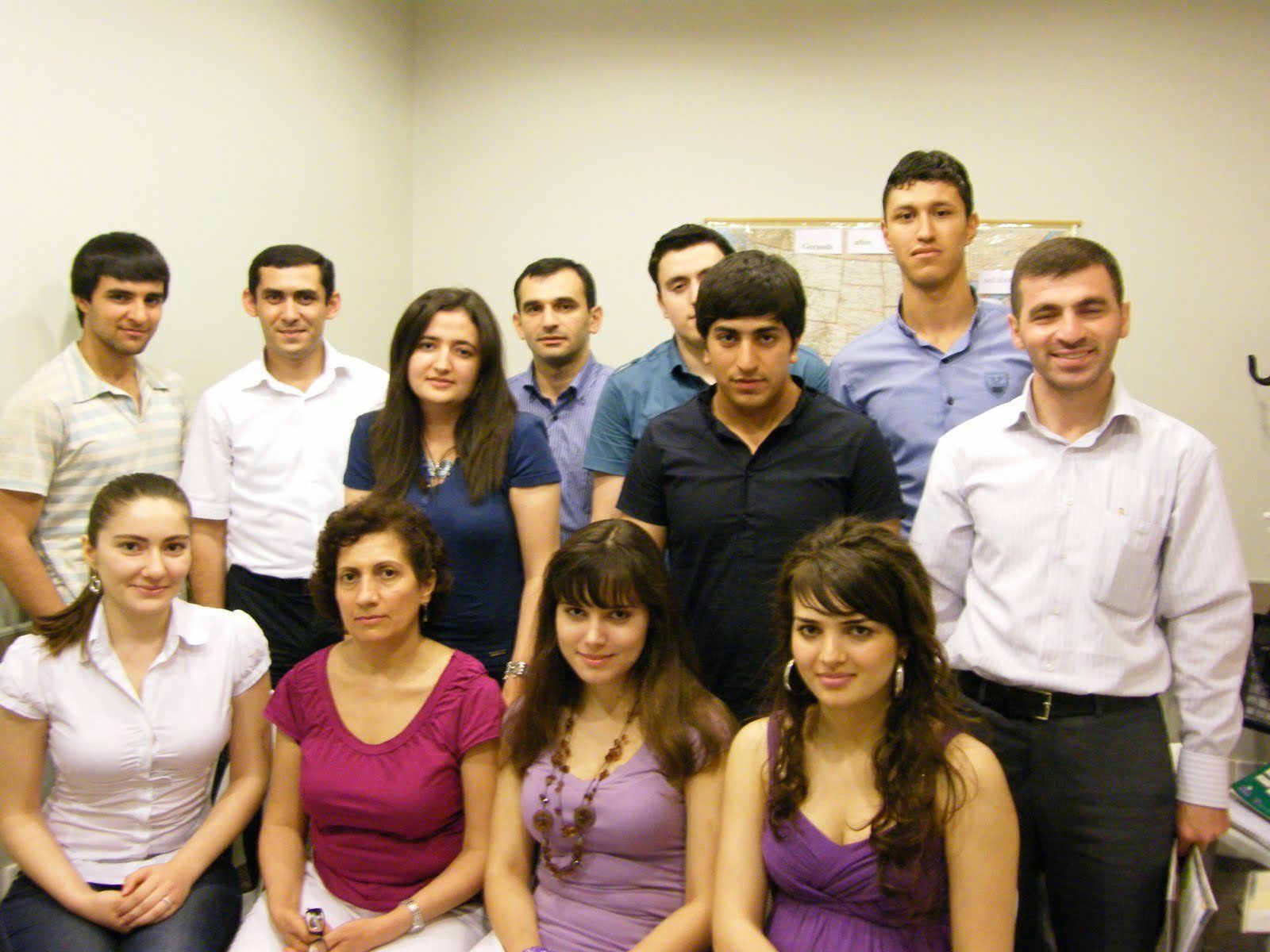 General
General
Different Types of CPAP Machines
Overview
CPAP (Continuous Positive Airway Pressure) machines are used to treat sleep apnea, a condition characterized by interrupted breathing during sleep. These machines deliver a constant flow of pressurized air, which helps keep the airways open and prevents apnea episodes. There are several different types of CPAP machines available, each with its own features and benefits. In this article, we will explore the different types of CPAP machines and their unique qualities.
1. Standard CPAP Machines
The standard CPAP machine is the most basic and traditional type. It delivers a fixed level of pressure throughout the night, ensuring that the airways remain open. These machines are user-friendly and cost-effective, making them a popular choice for many sleep apnea patients. However, they lack advanced features such as auto-titration and humidification, which may be necessary for some individuals.
2. Auto-Titrating CPAP Machines
Auto-titrating CPAP machines, also known as APAP machines, are designed to automatically adjust the pressure settings based on the patient’s needs. These machines use sophisticated algorithms to continuously monitor the patient’s breathing patterns and adjust the pressure accordingly. This feature is particularly beneficial for individuals with fluctuating pressure requirements throughout the night. Auto-titrating CPAP machines provide a more customized and comfortable therapy experience.
3. BiPAP Machines
BiPAP (Bilevel Positive Airway Pressure) machines are suitable for patients who require higher pressure levels or have difficulty exhaling against the continuous pressure of a standard CPAP machine. BiPAP machines deliver two different levels of pressure: a higher pressure when the patient inhales and a lower pressure when the patient exhales. This pressure variability makes it easier for individuals with certain respiratory conditions, such as COPD or obesity hypoventilation syndrome, to breathe comfortably during sleep.
4. Travel CPAP Machines
Travel CPAP machines are compact and lightweight, making them convenient for individuals who frequently travel. These machines are designed to be portable and easy to use while still providing effective therapy. Travel CPAP machines often come with travel-friendly features such as universal power adapters and built-in humidifiers. Despite their smaller size, they maintain the same level of performance as standard CPAP machines.
5. CPAP Machines with Integrated Humidifiers
Some CPAP machines are equipped with integrated humidifiers, which add moisture to the air before it is delivered to the patient’s airways. This feature helps prevent dryness, congestion, and discomfort often associated with CPAP therapy. CPAP machines with integrated humidifiers are especially beneficial for individuals who live in dry climates or have dry nasal passages. The humidification feature can be adjusted based on the patient’s preference.
Conclusion
Choosing the right CPAP machine is essential for effective sleep apnea treatment. The different types of CPAP machines offer various features and benefits to accommodate individual needs and preferences. From the standard CPAP machine to the auto-titrating, BiPAP, travel, and humidified machines, there is a wide range of options available. Consulting with a sleep specialist or healthcare provider can help determine the most suitable CPAP machine for each patient’s unique requirements. With the right CPAP machine, individuals can achieve better sleep quality and alleviate the symptoms of sleep apnea. Utilize this external material to delve further into the subject. 睡眠窒息症, expand your knowledge of the topic discussed.
Discover other perspectives by visiting the related posts. Enjoy your reading:







































